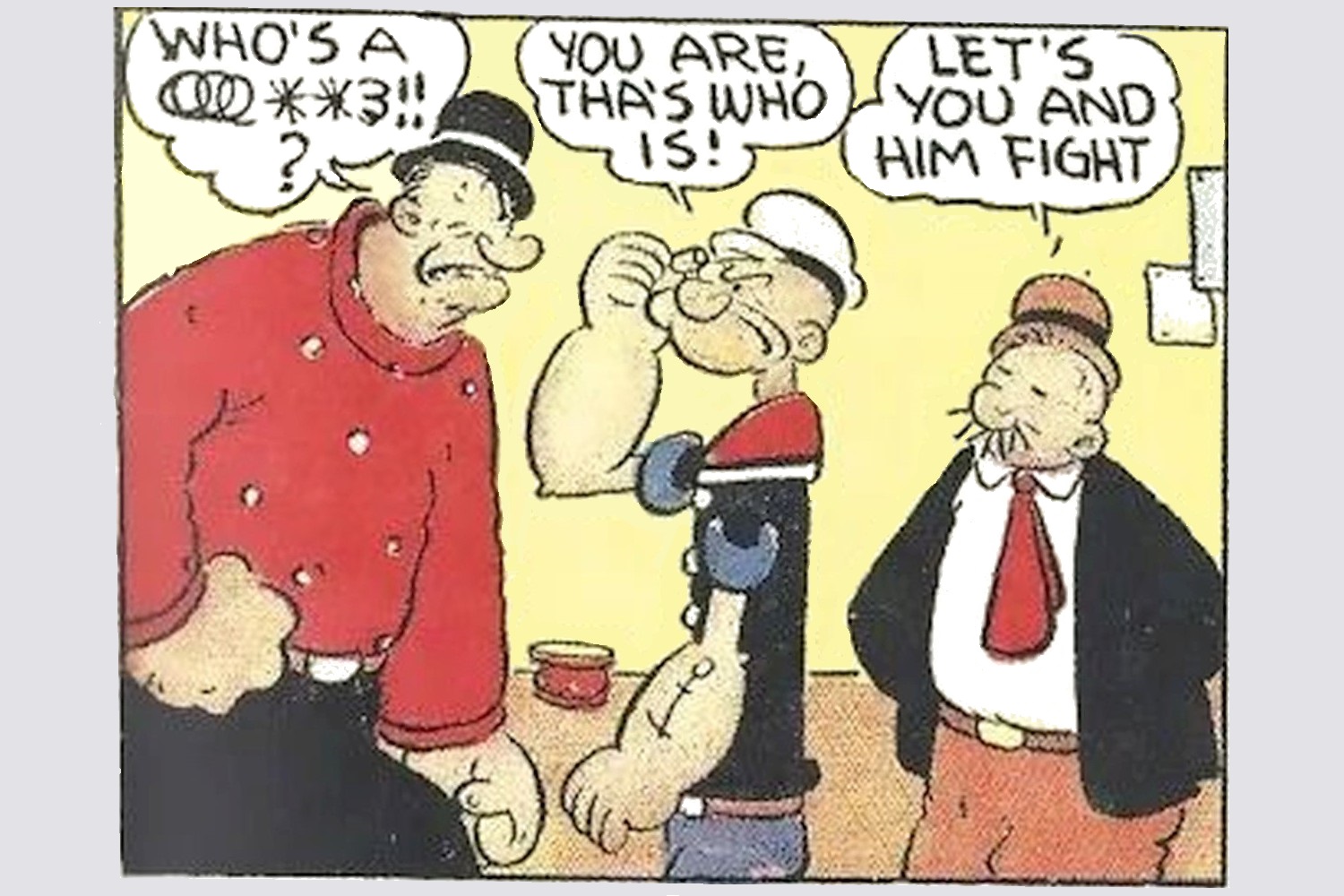Introduction To New Series, Index And Bibliography
Index Of Posts In This Series
The Danger Of Stupidity
Understanding Suicidal Americans
David Brooks Says Smart People Caused Trumpism
Why I’m Angry At David Brooks
A Somewhat Charitable View Of Vaccine Refusers
Symbolic Violence In Politics
Introduction
I’ve spent a lot of time going through The Public And Its Problems by John Dewey, and now it’s time to move on. That series led me to the conclusion that there are people pushing hard to create two separate communities in the US. Democracy isn’t possible in a society of two communities. One plausible way forward is to think about division: who is pushing it, and why and how they do it.
My tentative answer: there is an oligarchy inside our democracy that can seize power by creating a divided electorate. They use their wealth to weaponize the lines of division. They hire people to creat propaganda and other means of blunting the ability of people to understand their material, emotional and spiritual needs, and the steps that might improve them. Oligarchs do this to cement their own power and material wealth. They are joined by other people who think they benefit from helping the Oligarchs. Then there are the religionists who want to impose their morality on the rest of us at any cost. There are others who aren’t much more than nihilists.
Overview
The Oligarchy. The theory that there is an oligarchy in the United States is based on the work of Jeffrey Winters and Benjamin Page, in a paper titled Oligarchy In The United States?, published in 2009. Winters and Page see Oligarchy in terms of “power resources, particularly material power resources as manifested in wealth”, as well as political and cultural power. They argue that possession of great material resources gives owners political power, and
… carries with it a set of political interests: interests in preserving and protecting that wealth, interests in ensuring its free use for many purposes, and interests in acquiring more wealth. That is, highly concentrated material wealth generally brings with it both enormous political power and the motivation to use that power in order to win certain kinds of political-economic outcomes. Possession of great wealth defines membership in an oligarchy, provides the means to exert oligarchic power, and provides the incentives to use that power for the core political objective of wealth defense (which, depending on the national and historical context, means property defense, income defense, or both).
The three interests identified by Winters and Page are shared by all members of the Oligarchy. They all seek those ends in their own ways but their ggals are the same. Their individual actions reinforce each other in ways that hammer the rest of us. To be quite clear, I don’t think there’s some vast conspiracy among the Oligarchs or anyone else. It’s just that their interests converge. I think of it as a self-organizing limited Oligarchy.
The Ideology. Money alone isn’t enough. The rest of us have to consent, to accept the outcomes as fair. That’s where neoliberalism comes in. It tells people that this is a fair system, that it rewards people for their natural merit, their hard work, their persistence, and their good behavior. It also tells people that if they aren’t well-off, if they are in debt, too poor to pay for health care, unable to give their children a decent life, it’s their own fault, and there’s nothing to be done but suffer.
Neolliberalism became the dominant ideology of both legacy parties beginning in the late 70s. Successful people called it meritocracy, so it didn’t bother Democrats. Republicans used its laissez-faire component to dismantle the safety net and the regulations the Oligarchy didn’t like and Democrats did little to stop them.
Then the Great Crash crushed that ideology into dust for everyone who could think clearly. That, of course, didn’t include politicians. With Obama in charge, Democrats tried to restore the previous regime. Republicans blocked even Obama’s miserly proposals to help regular people, while throwing money at the Oligarchs. Then Trump. Anyone who can think at all can now see that the entire system of neoliberalism has wreaked havoc on the vast majority of us.
As a palliative, Republicans offered racism and nationalism, first quietly, and as the visible economic and cultural damage grew, more and more overtly. Now they’ve added authoritarianism in the Trumpian vein, and weirdo fantasies in the Qanon vein, and the Big Lie about stolen elections as a combo meal.
Divisions. We are a complex nation. There are many ways of dividing us from each other: race, class, wealth, income, education, and location and more. Or we might be divided along the lines suggested by the theory of moral foundations, or by other differences in moral concerns.
Target audience. There are a number of us who are ready to burn it all down in the hopes of restoring white supremacy or some other regime in which they are the dominant power. They are easily manipulated by propaganda from the Oligarchy. Here’s a good description from Thomas Edsall in the New York Times.
Sadly many people truly believe the gunk Trump and the Trumpists spread, the Qanon fantasies, the racist crap, the moral terror of Critical Race Theory, lies about crime, and the Big Lie. We all know Republicans we thought were connected to reality who believe some or all of the garbage. How did we get to be so absurd? One possibility is suggested by something Charles Sanders Peirce wrote in The Fixation of Belief (1877):
The irritation of doubt is the only immediate motive for the struggle to attain belief. It is certainly best for us that our beliefs should be such as may truly guide our actions so as to satisfy our desires; and this reflection will make us reject every belief which does not seem to have been so formed as to insure this result. … [T]he sole object of inquiry is the settlement of opinion. We may fancy that this is not enough for us, and that we seek, not merely an opinion, but a true opinion. But put this fancy to the test, and it proves groundless; for as soon as a firm belief is reached we are entirely satisfied, whether the belief be true or false.
There’s a lesson for all of us here, and it applies to me as much as followers of Q. Bad habits of thought inflate people’s perception that other divisions are crucial to their self-perception. And, the large number of divisions gives those who want two tribes fighting each other have plenty of choices.
One other group seems problematic: the religious zealots. This group wants to impose its morality on all of us, and will stop at nothing, including absurd unconstitutional laws, to do so. The Oligarchs can easily make promises to this group, because their wealth means they won’t be bothered by whatever laws the zealots want.
The Results. The ultimate result of the internecine wars in the majority is an impasse in government. Nothing can change because democracy doesn’t work when there are two distinct groups with nothing in commmon. The Oligarchs are able to influence what’s left of government with their lobbyists and campaign cash. They cement their power and protect their wealth and statues.
Conclusion
So there’s my story as of today. In this series, I’ll take up these points and try to find support and contradiction. I’m not going to take a particular book for this, but I’ll use those I’ve read and new material. I’ll update this page with new posts, and add a bibliography section to keep track of the new material.
Bibliography
Philip Mirowski, Never Let A Serious Crisis Go To Waste.
Joshua Rothman, Why Is It So Hard To Be Rational. This article describes several theories about rationality and the difficulties we face in trying to be rational. Look for the charming reference to Pride and Prejudice’s Charlotte Lucas.
Nicole M. Stephens and Sarah Townsend, Research: How You Feel About Individualism Is Influenced by Your Social Class This article in the Harvard Business Review discusses some research on the difficulties faced by working class people trying to enter the meritoracy. I didn’t read the underlying materials.


